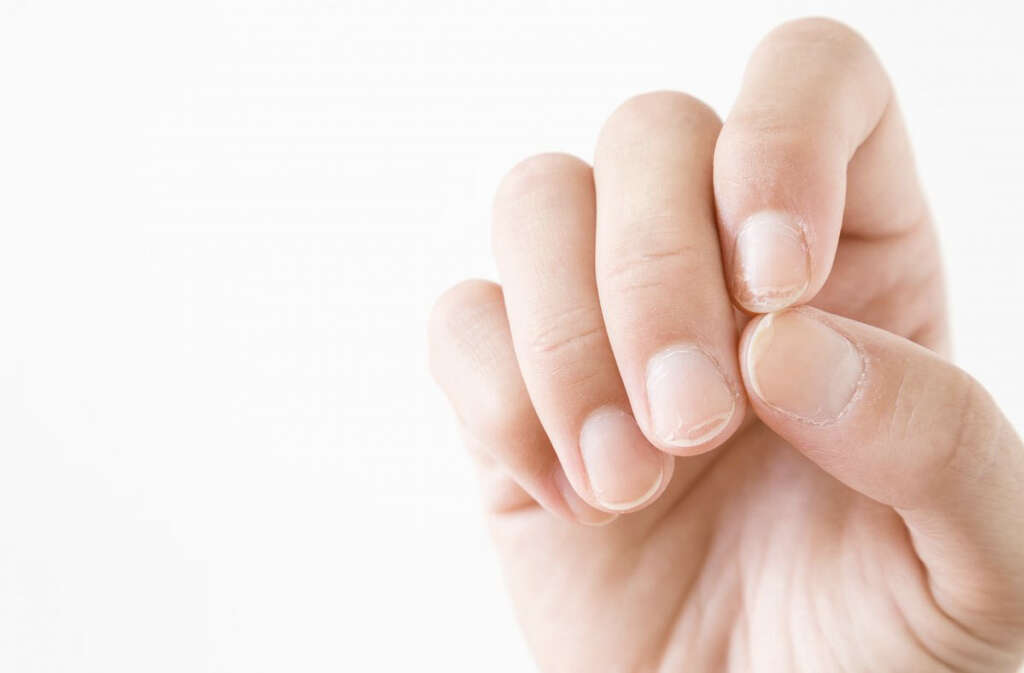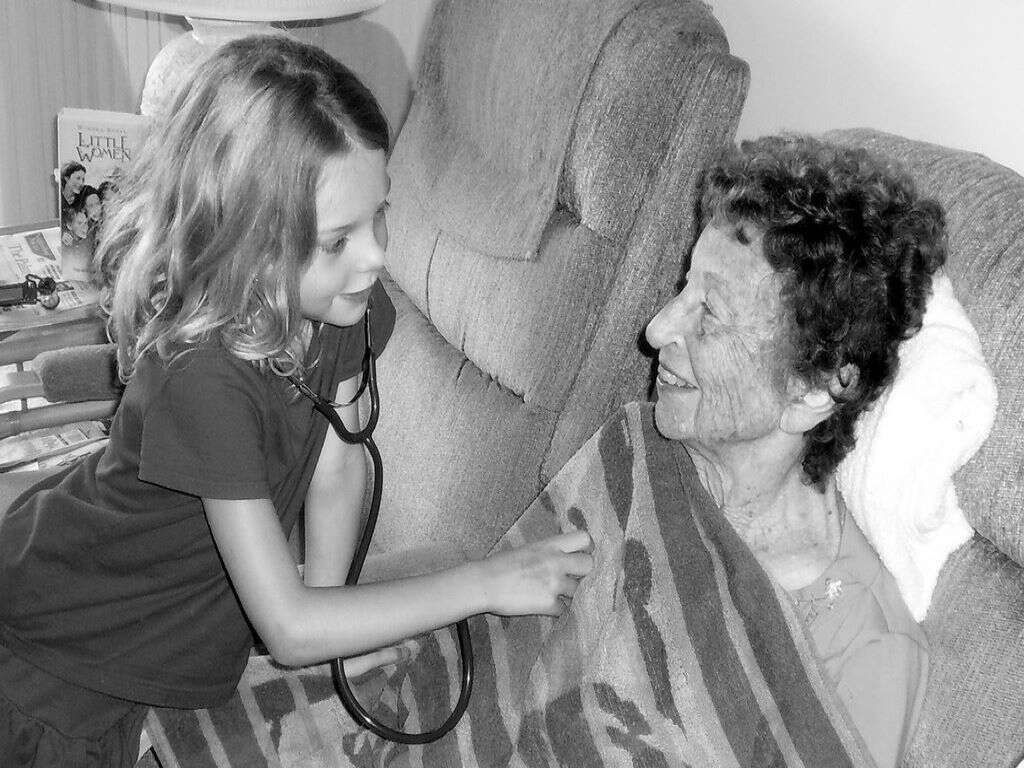Hashimoto's Thyroiditis Symptoms
Hashimoto’s disease is an autoimmune condition in which the thyroid gland is attacked by the body’s immune system. This gland is very important to us because it helps with the regulation of various aspects of how the body runs. Having something wrong with it can have a profound impact on our bodies.
Hashimoto’s thyroiditis causes hypothyroidism, which means that there are fewer of the hormones from the thyroid gland present. The condition is thankfully rarely serious but the patient should be sure to get treatment. Treatment generally involves hormone replacement therapy, and the patient may need to continue this treatment for the rest of their life.

1. Fatigue
The thyroid gland is responsible for producing and releasing hormones that have a significant impact on how energetic we are. It releases hormones that help to regulate our metabolism, which is the rate at which we burn off energy. A higher metabolism means we burn more energy making us more energetic. Hashimoto’s disease will cause the metabolism to slow down, causing the patient to become lethargic and fatigued. In addition to feeling physically tired, the patient will also slow down mentally. In some cases, it can also lead to depression, which has the potential to be very serious for the patient.

2. Dry And Cold Skin
Patients suffering from Hashimoto’s thyroiditis will have a problem with their thermoregulation mechanism. This impairment will manifest as having dry and cold skin to the touch.
The skin might also look a bit yellow, but the mucosa is not affected, therefore it is not characterized as an icteric color.

3. Weight Gain
As mentioned, the thyroid gland has a big impact on how much energy we burn off. When we don’t burn off the energy that we need then the excess gets stored in the body as fat for use later on. Thus, certain thyroid problems can lead to the patient putting on weight.
It can be difficult for some people to keep the weight off regardless of how healthy they might be, and different people have different levels of metabolism naturally. Regardless, if you do feel as though you are putting on weight at levels that are not normal, you should arrange to get it checked out.

4. Constipation
Hormones secreted by the thyroid gland also have a considerable impact on our digestive system. In cases of hypothyroidism, the hormones that help encourage digestion will be present in lower than usual quantities, and this can cause everything to slow down.
When food is passed through the digestive system more slowly than usual, then the patient can become constipated. This can be very uncomfortable, and in some cases, it can even become dangerous as the system becomes blocked. Medication is available that can be very effective in helping to move everything along, but medical assistance should be sought if the symptoms becomes too severe.

5. Muscle Weakness
Having strong muscles is very important to our overall well-being. It is not only important for people who are active in sports, but also for less active people. Strength allows us to perform our daily tasks with sufficient ease. It also helps the rest of our body, such as our organs, to function as they should.
Hypothyroidism, however, can cause our muscles to become weaker as they are not being fed with the nutrients that will help to keep them strong and healthy. There are numerous other potential causes of this so it is good to get it checked out. The patient should be able to regain full strength if/when the underlying cause has been dealt with.

6. Brittle Nails
Our nails may not appear to be full of life, but they do need to be fed nutrition just like the rest of our body. Otherwise, they will simply die off. As mentioned, in cases of Hashimoto’s thyroiditis, the patient’s circulation has slowed down to below normal levels, and this can affect how much nutrition is sent to the nails.
With a slower circulation, the body needs to prioritize to help ensure that the most important parts of the body get what it needs. In addition, the lower circulation means that fewer nutrients will make it to the extremities. This can result in the patient’s nails becoming brittle, while it can also result in hair loss.

7. Increased Sensitivity to Cold
Different people are able to handle the cold to different degrees, no pun intended. Some people will insist on having to stay indoors where it is warm and cozy, whereas some people might even find the cold more comfortable to be in than warmer weather.
Regardless of your sensitivity to cold weather, you may well find that it gets harder for you to bear if you have Hashimoto’s thyroiditis. This is because your metabolism will be lower and your body is generating less energy to combat the cold, making you feel colder. In the meantime, wrapping up well can help the patient to feel more comfortable.

8. Irregular Menstruation
Menstruation is not as regular as clockwork, but it does usually occur approximately once every 28 days. Not only is the timing not exact, but women can find that the intensity of their periods will also vary from month to month.
Regardless, women will still know that their menstruation happens within certain parameters, and will know when something is not right. Many women with Hashimoto’s thyroiditis will find that their menstruation goes on for longer than usual and/or it is heavier than usual. The patient’s menstruation should return to more regular levels once the underlying cause has been dealt with.

9. Muscle Aches and Pains
Our joints and muscles need to be constantly maintained and repaired to keep them in good working order. This is done with help from white blood cells and various resources that continue to supply the muscles with what they need for repair and nourishment.
In cases of Hashimoto’s thyroiditis, the body is not getting the supply that it needs, and this means that maintenance and repair will not be as effective as it usually would be. This can lead to aches and pains in the patients muscles and joints, while they can also feel stiff and less mobile than they usually would be.

10. Memory Loss
Our brain needs a lot of “food” if they are to maintain their optimal performance levels. If they don’t get the food that they need then they will struggle to perform as well as they are able to. When the performance of the brain begins to falter, it can mean that the patient begins to experience lapses in memory.
Memory lapses are not uncommon even in healthy people so they are not necessarily something to be alarmed about right away. If they do continue, however, and/or if it gets particularly bad, then you should arrange to speak with your doctor to find out what the problem is, if any.









